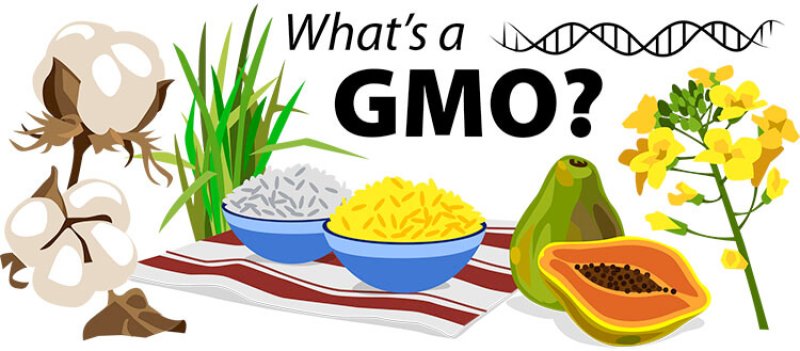Nothing seems to upset those arguing about GMOs more than debating the definition of the term “GMO” itself. Most proponents of the technology argue that GMO stands for “genetically modified organism”, which scientifically would apply to all breeding methods ….
Most of those who oppose the use of genetic engineering argue that the term “GMO” specifically means genes introduced from other organisms, but has expanded to include gene editing and cisgenic techniques.
One breeding technique, mutagenesis, causes some of the most confusion. Applying pressure on an organism using chemicals and/or radiation to speed up artificial selection, mutagenesis dates back nearly 75 years. It can be used to create everything from red grapefruits to herbicide tolerant crops.
And this is where the argument over “what is a GMO” breaks down. Even the anti-GMO movement can’t decide. The Non-GMO Project does not consider mutagenic crops to be GMOs for their purposes, while French anti-GMO activists have actively sought to ban these “hidden GMOs”.
Read full, original article: European Union: This organic wheat is definitely a GMO































